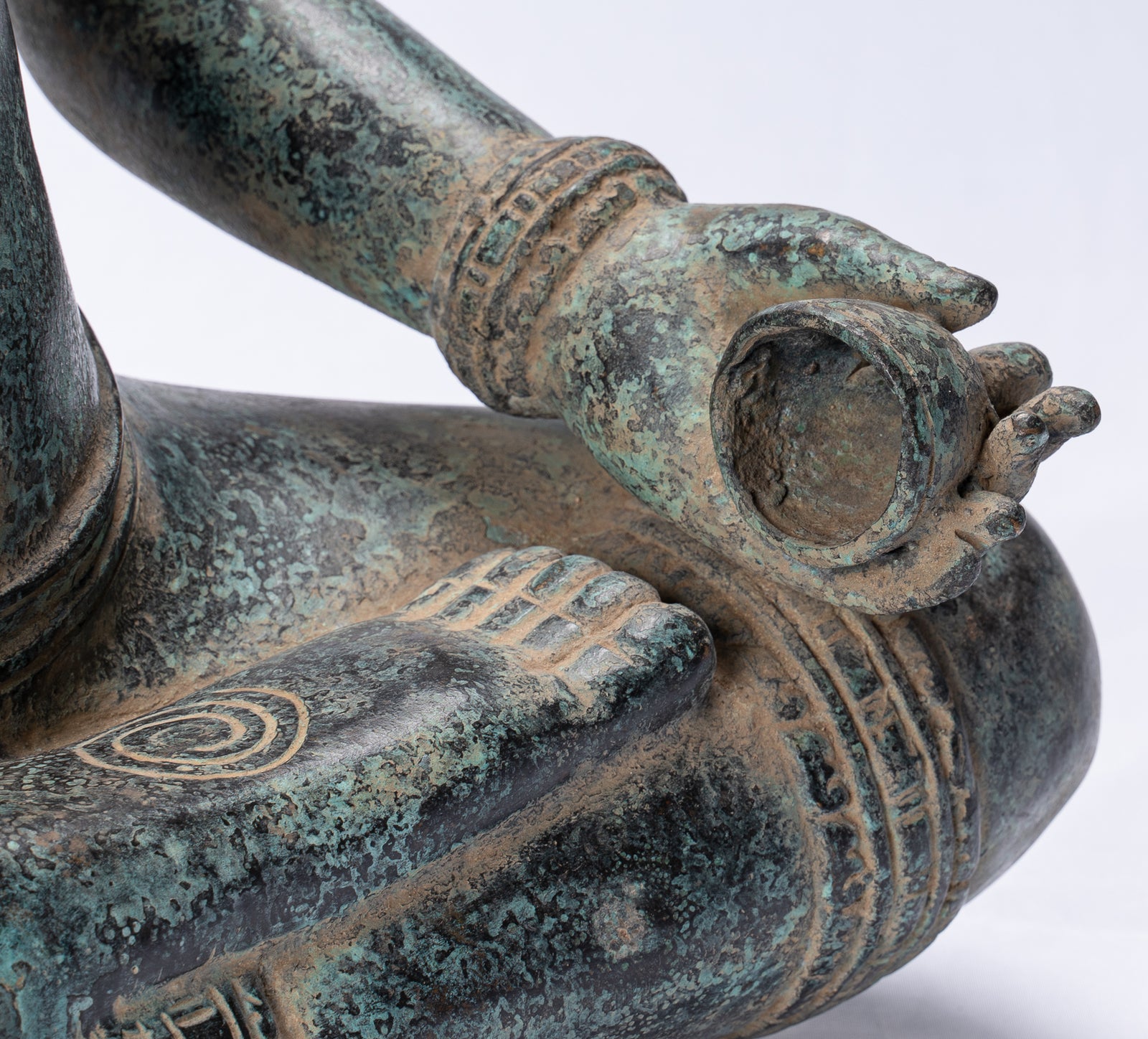
What Do You Buy Someone Who Meditates?
By Amy Underdown, London, UK
In recent months, it certainly seems like ‘mindfulness’ has become a buzzword. Perhaps it is the nature of a pandemic and being locked down in our homes that we not only give our houses a good spring clean and refurbishment, but also look inwards. Naturally, then, many of us have tried our hand at meditating. And, in seeing this Buddhist tradition flourish further, the non-meditators of the world have one outstanding question: what do you buy someone who meditates?
There are multiple answers to this query. Mala beads, for example, are a great present for someone who meditates regularly as they represent consistent intention to be in the moment. Other items also assist meditation, such as incense, meditating tables, meditating rugs and candles. These are all nice ideas, certainly in comparison to the ‘I Love Meditating’ t-shirts that have somehow been recommended by some blogs as a top ten item to gift a meditator. In reality, though, the truth of the matter is this: meditation is unique for everyone. If there are meditators out there who find themselves inspired and at peace by wearing an ‘I Love Meditating’ t-shirt, then nobody ought to complain. But that does still leave individuals at the other end of the spectrum; those who do really want to master the art of meditation and appreciate its history, steeped in Buddhism.
Now, be forewarned that as a Buddhist blog, this guidance is geared towards those who want to properly understand meditation and fulfil their practice with true Buddhist meaning. This isn’t for everyone, but if you know someone who is taking it upon themselves to really align with Buddhism, the best gift to get said individual would be a Buddha statue. Call us biased, but having such a statue in the home sets the foundations for powerful and peaceful Buddhist meditation, replicating the serenity of a temple.
Coming in all shapes, sizes, and meanings, gifting a Buddha statue to a meditating friend isn’t simply to bestow upon them a piece of art. It is gifting them the chance to have their beliefs and ethos concentrated in the home, as Buddha statues are specifically intended to inspire serenity and religiosity. Having this focal point allows meditators to channel their meditative journey and create a tranquil and mindful environment. In line with this is the recognition that each type of Buddha statue has an entirely different meaning and purpose, so you are able to carefully select the style and pose that fulfils entirely what the recipient of your gift may be seeking.
One particularly good example of this is the Meditation Buddha, whose specific purpose is to encourage meditation and infuse a sense of peace into the world. The triangular silhouette of this statue represents balance, furthered by the hand position (Dhyana mudra), which reflects the unity of the triple gem: the Buddha, Dharma and the Sangha.
Other meditators may find a Teaching Buddha more useful, as it is intended for anybody who wishes to focus on their spirituality. Depicting the instance of Buddha’s first sermon following his enlightenment, this kind of statue is ideal for anyone wishing to hone their practice and fully delve into the world of Buddhism.
These are just two examples of Buddha statues and their individual meanings. There are many more kinds of statue which will resonate with all different kinds of people and meditators, ranging from Contemplation Buddha and Laughing Buddha, through to Medicine Buddha or Reclining Buddha. We’ve compiled all the main ones into this list - The Meanings Behind the Buddha's Positions - so that you don’t have to go scrabbling across the internet to find the best one for you or your giftee.
By endeavouring to find the Buddha statue that most resonates with your recipient, you create the perfect answer to the question ‘What Do You Buy Someone Who Meditates.’ This kind of gift goes beyond a beautiful artefact and has unique and personal meaning that other meditative gifts simply cannot offer. After all, the presents that mean the most are the ones with real, individual meaning.

















































